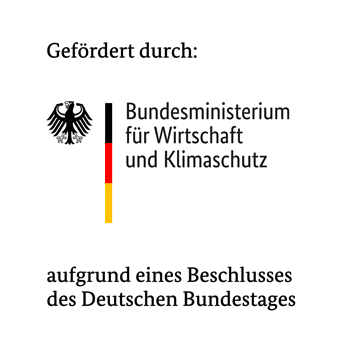Additives are added to lubricating oils to perform a variety of specific tasks. These include protection against wear or corrosion. To ensure effective lubrication, various additives are combined in practice. Polar additives, such as anti-wear and anti-corrosion additives, act directly on the bearing surfaces by forming boundary layers. Interactions between polar additive groups sometimes lead to competition or synergies - these have not yet been systematically investigated.
Project start: Additive interactions in rolling bearings
An understanding of additive interactions is required for lubricant formulation and the selection of suitable lubricants. In particular, the question of the extent to which corrosion inhibitors influence wear protection additives in oil-lubricated rolling bearings is of cross-industry interest to lubricant and additive manufacturers, from machinery, equipment and rolling bearing manufacturers to operators. Also of note is the development trend to use hydrous or water-based lubricants, which have good frictional efficiency and thermal conductivity but are considered problematic in terms of their corrosion protection properties. Therefore, special focus must be placed on effective corrosion protection in the lubricant formulation.
On the initiative of the experts of the DGMK Lubricants Expert Committee, a project was launched.
BMWK funding as of March 1, 2022
The BMWK is funding a research project on this subject, which was started on March 1, 2022. The aim is to develop a model understanding of additive interactions on surfaces subject to tribological stress. The project results are relevant, for example, for applications such as wind turbines, which are equally affected by wear-critical operating conditions and by the risk of corrosion due to water ingress.
Research Centres
RWTH Aachen Institute for Machine Elements
RWTH Aachen Joint Laboratory for Electron Microscopy

The IGF project (22309 N) of the research association Deutsche Wissenschaftliche Gesellschaft für nachhaltige Energieträger, Mobilität und Kohlenstoffkreisläufe e.V., Große Elbstraße 131, 22767 Hamburg, Germany, is funded by the Federal Ministry of Economics and Climate Protection via the AiF within the framework of the program for the promotion of joint industrial research (IGF) on the basis of a resolution of the German Bundestag.